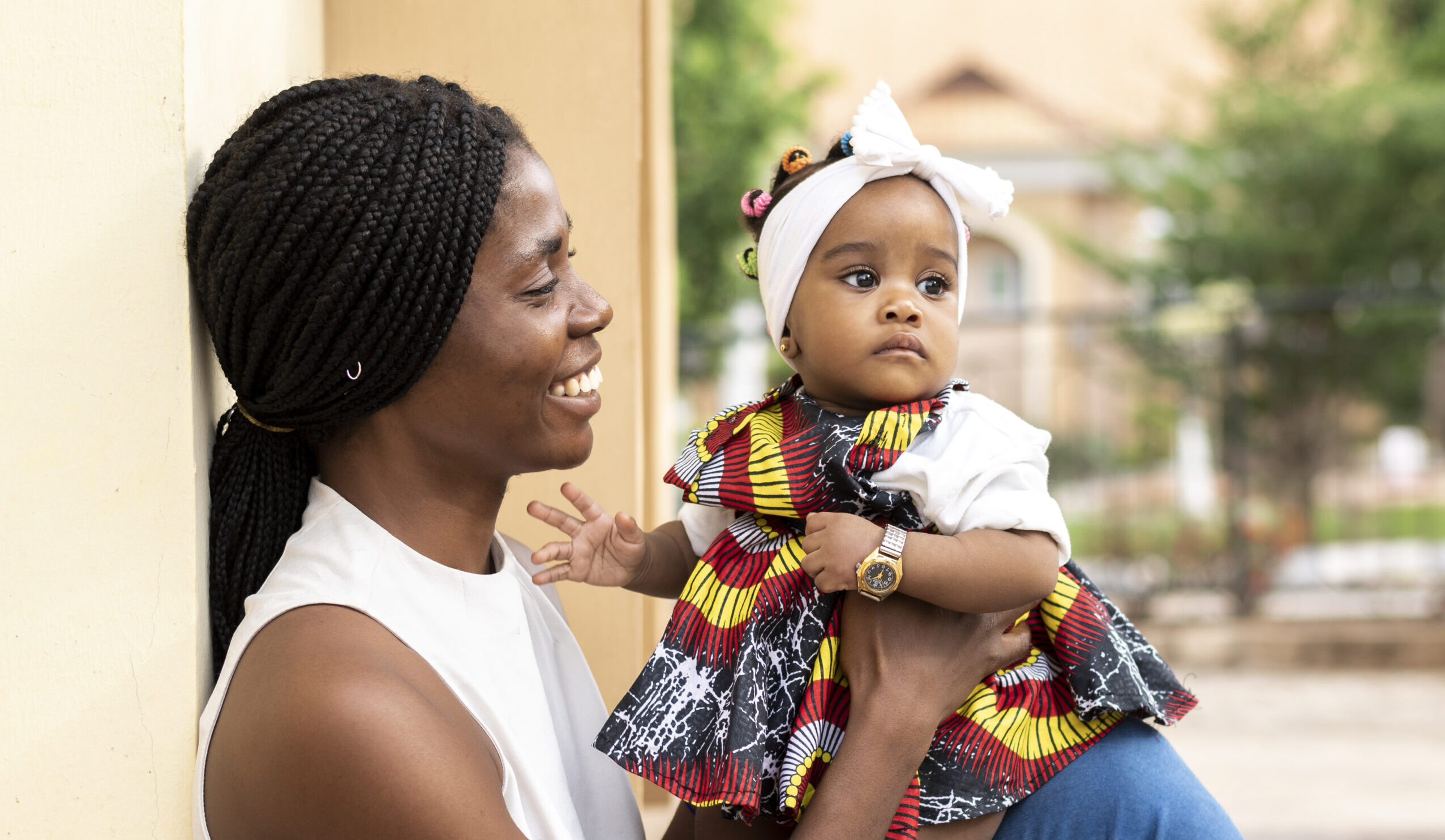
Resources
Liberia FP2020 Commitment
Govt. Strategies, Plans, and Documents
Previous

Induced abortion: incidence and trends worldwide f...
Next

Supply Chain Management: Investing in contraceptiv...
Topics:
Financing
Policy & Enabling Environment
Service Delivery & Quality
Partners:
LiberiaThe government of Liberia made its FP2020 commitment at the 2012 London Summit on Family Planning and updated it in 2017—including specific policy, financial, and program and service delivery pledges—to meet their family planning goals.
Program & Service Delivery
In addition to public-sector facilities, the private medical sector also provides family planning services. In Liberia, this includes the Planned Parenthood Association, faith-based health institutions, private hospitals and clinics, pharmacies, private doctors, and private donors.
The following objectives are included in the Liberian national reproductive health strategy:
- Expand availability, access to, and choices of safe, effective, acceptable, and affordable contraceptive methods by using integrated approaches at both facility and community levels to minimize missed opportunities.
- Increase the number and capacity of health workers at the facility and community level to deliver safe, effective, and acceptable family planning services.
- Strength the contraceptive commodity supply chain to ensure adequate supply at all levels of facility- and community-based services.
- Strengthen key systems and infrastructure, including management, monitoring, evaluation, and supervision to support family planning services at the facility and community levels.
- Strengthen and expand family planning through the private sector, including NGOs, faith-based organizations, social marketing, the commercial sector, private clinics, and pharmacies.
- Engage in advocacy and increase demand for and utilization of family planning and reproductive health services in order to decrease unmet need for family planning and increase the CPR.
- Improve the health system’s capacity to increase utilization of family planning and RH services among underserved and/or vulnerable populations, including adolescents, young adults, victims of sexual exploitation, rape survivors, refugees, and men.
Financial
Per the Road Map for Accelerating the Reduction for Maternal Mortality and Morbidity in Liberia, Liberia plans to commit the following to family planning intervention costs:
- 1st year: $893,697
- 2nd year: $1,161,308
- 3rd year: $1,355,104
- 4th year: $1,556,541
- 5th year: $1,765,743
- Total: $6,732,393
Policy & Political
Liberia commits to keeping all family planning services free of charge to improve access. Family Planning is currently included in various health documents:
- Road Map for Accelerating the Reduction of Maternal and Newborn Morbidity and Mortality in Liberia,
- National Reproductive Health Commodity Security Strategy and Operational Plan, which identifies critical needs and specifies the interventions required to ensure continuous availability of contraceptives and vital RH medicines at all health services delivery and commodity distribution points. UNFPA and USAID are the principal partners in addressing the supply chain issues related to family plannin commodities in Liberia,
- 10 year National Health Plan, and
- Essential Package of Health Services, which emphasizes the uptake of family planning services through innovative strategies and by training general community health workers to conduct counseling, distribution of family planning commodities and appropriate administration of contraceptive methods.
The MOHSW will continue to advance key support systems for family planning and devise policies as needed. For example, the revised Health Information System (HIS) now integrates family planning and family planning commodities into monitoring and HIS tools at each level of the health system.
Objective
Liberia plans to increase CPR to 16 percent by 2015, and 20 percent by 2021 (current rate is 10 percent).








